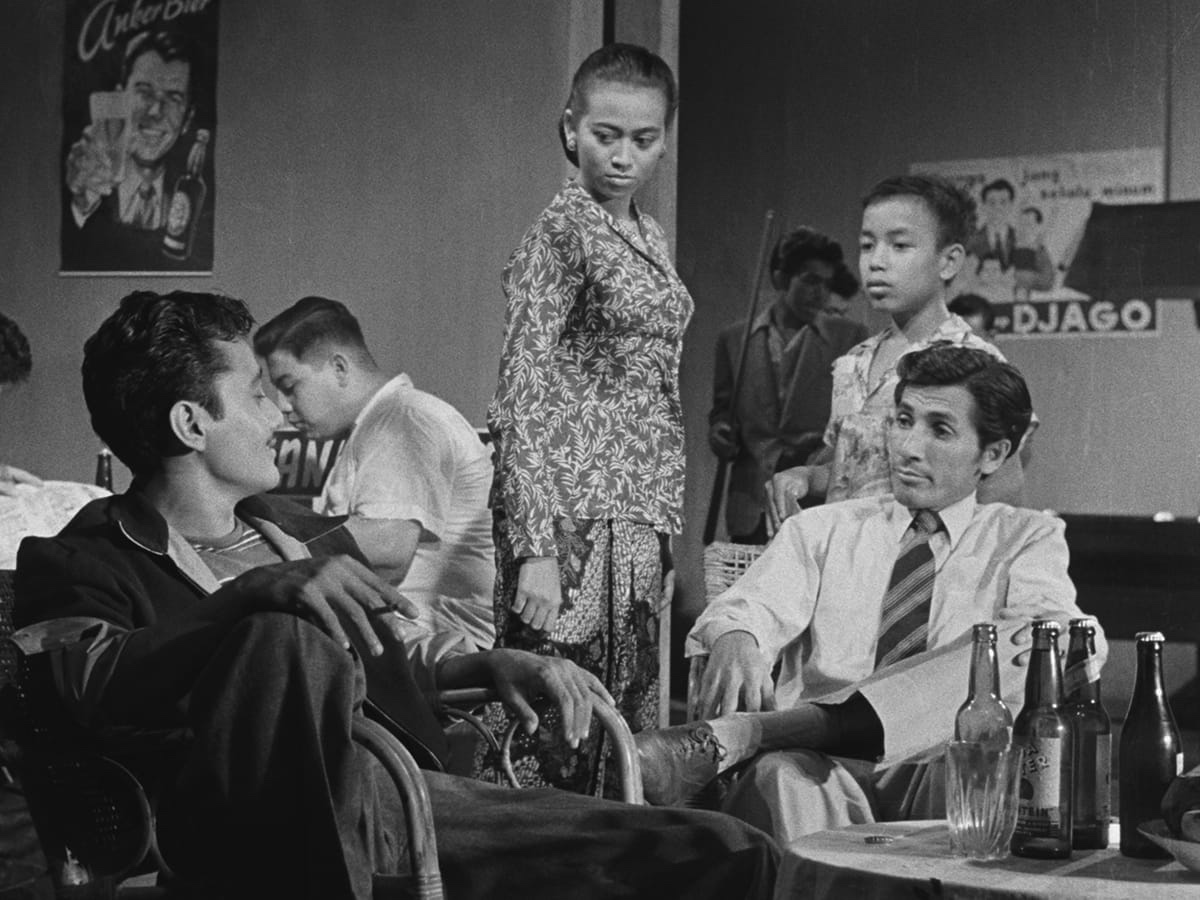by Corry Shores
[Search Blog Here. Index-tags are found on the bottom of the left column.]
[Central Entry Directory]
[Husserl Entry Directory]
No. 5
Enduring Perception as Simple Act
Paragraph 45
Husserl wonders if enduring perceptions must always be made of at least two perceptions.
To explain, Husserl begins with the simplest examples.
The perception remains the same:
We hear a musical note. It sustains without its qualities changing. Or, we see an unchanging color for a stretch of time.
The perception changes:
We perceive a tone “uniformly dying away,” or we see a color change continuously across a duration of time.
When the tone stays the same, there is a simple enduring sound and a simple act of perceiving it. When the tone changes, there is “a simple change of a simple tone into another tone, and there too we will speak of a simple act.” (160d)
While the simple tone endured, it was identically the same across the many time-points of its duration. However, each individual time point is a different moment. So as being temporally distinct, each moment itself as a moment is not identical with the rest. However, each moment contains a tone that is identically the same with the other moments. We make that designation by considering the tone abstractly as something we may conceptualize and consider as instantiating in distinct moments.
To be sure, a concrete part of the simple tone extended in time falls to the share of each point of time, of each smaller part of time. In spite of the talk about the tone’s being identically the same, only enduring, the individual parts of the tone are not identical. Had the tone begun later, this would have had no influence, as far as content is concerned, on the being of the remaining portion of the temporal extension of the tone. Were the tone to cease earlier, every earlier part would remain what it is. And in any case, each part of the tone is something independent. The identity in the duration rather concerns only the conceptual content, the genus and species; what is identically the same is the defining element. (160-161, emphasis mine)










































No comments:
Post a Comment